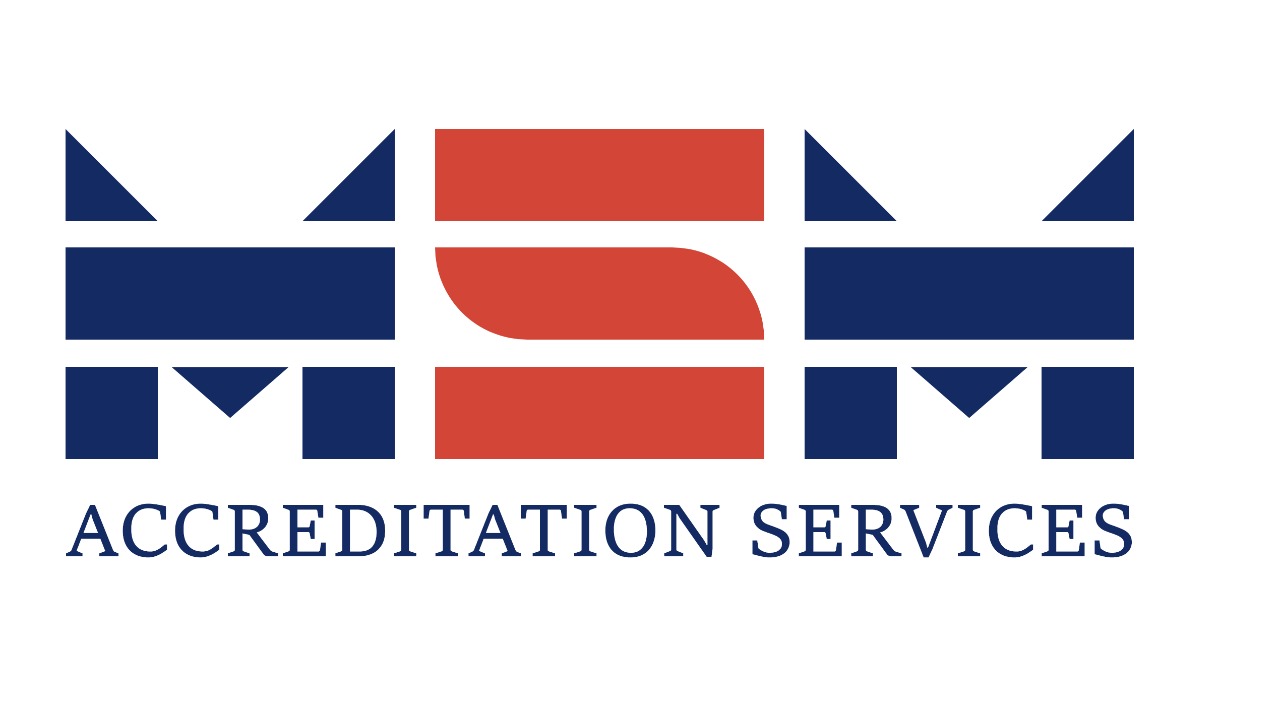In today’s complex healthcare landscape, ensuring the highest quality of care and regulatory compliance is of paramount importance. Healthcare organizations in New Jersey face numerous challenges in achieving and maintaining accreditation standards. This is where partnering with a healthcare accreditation consultant in New Jersey becomes crucial.
We will explore the reasons why healthcare organizations in New Jersey should consider collaborating with a healthcare accreditation consultant. We will discuss the benefits of such partnerships, the role of consultants, and how they can help navigate the accreditation process effectively.
Understanding the Importance of Healthcare Accreditation
Before delving into the significance of partnering with a healthcare accreditation process consultation, it is essential to comprehend the importance of healthcare accreditation itself. Accreditation demonstrates that an organization has met or exceeded a set of predetermined quality standards and regulations.
It signifies a commitment to patient safety, continuous improvement, and adherence to best practices. Accreditation also enhances an organization’s reputation and credibility, leading to increased patient confidence and potential business opportunities.
The Evolving Healthcare Landscape in New Jersey
New Jersey’s healthcare landscape is continuously evolving, with shifting regulations, advancements in medical technology, and increasing patient expectations. Staying updated with these changes while simultaneously managing day-to-day operations can be overwhelming for healthcare organizations.
A NJ healthcare accreditation consultant specializing in the healthcare industry can provide invaluable insights and guidance to navigate these complexities effectively.
The Role of a Healthcare Accreditation Consultant
A healthcare accreditation consultant is a knowledgeable professional with expertise in accreditation standards and processes specific to the healthcare industry. Their role encompasses various areas, including:
a) Preparing for Accreditation: Consultants assist healthcare organizations in understanding accreditation requirements, conducting gap analysis, and developing action plans to address any deficiencies. They help streamline processes, establish quality improvement initiatives, and implement policies and procedures to meet accreditation standards.
b) Compliance and Documentation: Consultants guide organizations in ensuring compliance with regulatory requirements and documenting evidence of compliance. They review policies, procedures, and documentation systems, identifying areas that need improvement and providing recommendations for remediation.
c) Staff Education and Training: Accreditation consultants provide staff education and training programs to enhance awareness and understanding of accreditation standards. They conduct workshops, webinars, and on-site training sessions, equipping healthcare professionals with the knowledge and skills necessary to maintain compliance.
d) Continuous Improvement: Consultants facilitate continuous improvement efforts by monitoring organizational performance, conducting internal audits, and identifying opportunities for enhancement. They assist in establishing performance metrics, analyzing data, and implementing quality improvement initiatives.
Benefits of Partnering with a Healthcare Accreditation Consultant
Partnering with a healthcare accreditation consultant in New Jersey offers several advantages to healthcare organizations, including:
a) Expert Guidance: Accreditation consultants bring extensive experience and knowledge in healthcare quality and accreditation. They offer expert guidance tailored to the unique needs and challenges of each organization, helping them achieve accreditation goals efficiently.
b) Time and Resource Savings: Navigating the accreditation process requires significant time, effort, and resources. By partnering with a consultant, healthcare organizations can leverage their expertise, allowing internal staff to focus on core responsibilities while the consultant manages the accreditation-related tasks.
c) Enhanced Accreditation Success Rate: Accreditation consultants have a deep understanding of the accreditation process and requirements. Their expertise and meticulous preparation can significantly increase the likelihood of successful accreditation outcomes.
d) Customized Approach: Consultants tailor their strategies and recommendations to each organization, considering its size, scope, and specific accreditation goals. This personalized approach ensures that the organization’s unique challenges and opportunities are addressed effectively.
Conclusion
Navigating the healthcare accreditation process can be challenging for organizations in New Jersey. By partnering with a healthcare accreditation consultant, these organizations can access specialized expertise, save time and resources, and increase their chances of achieving accreditation success.
A consultant’s guidance and support help organizations establish a culture of continuous improvement, enhance patient safety, and meet regulatory requirements. In an ever-evolving healthcare landscape, collaborating with a healthcare accreditation consultant in New Jersey is essential for organizations committed to delivering high-quality care and maintaining compliance with accreditation standards.
Take the first step towards accreditation excellence by collaborating with a trusted healthcare accreditation consultant in New Jersey.

